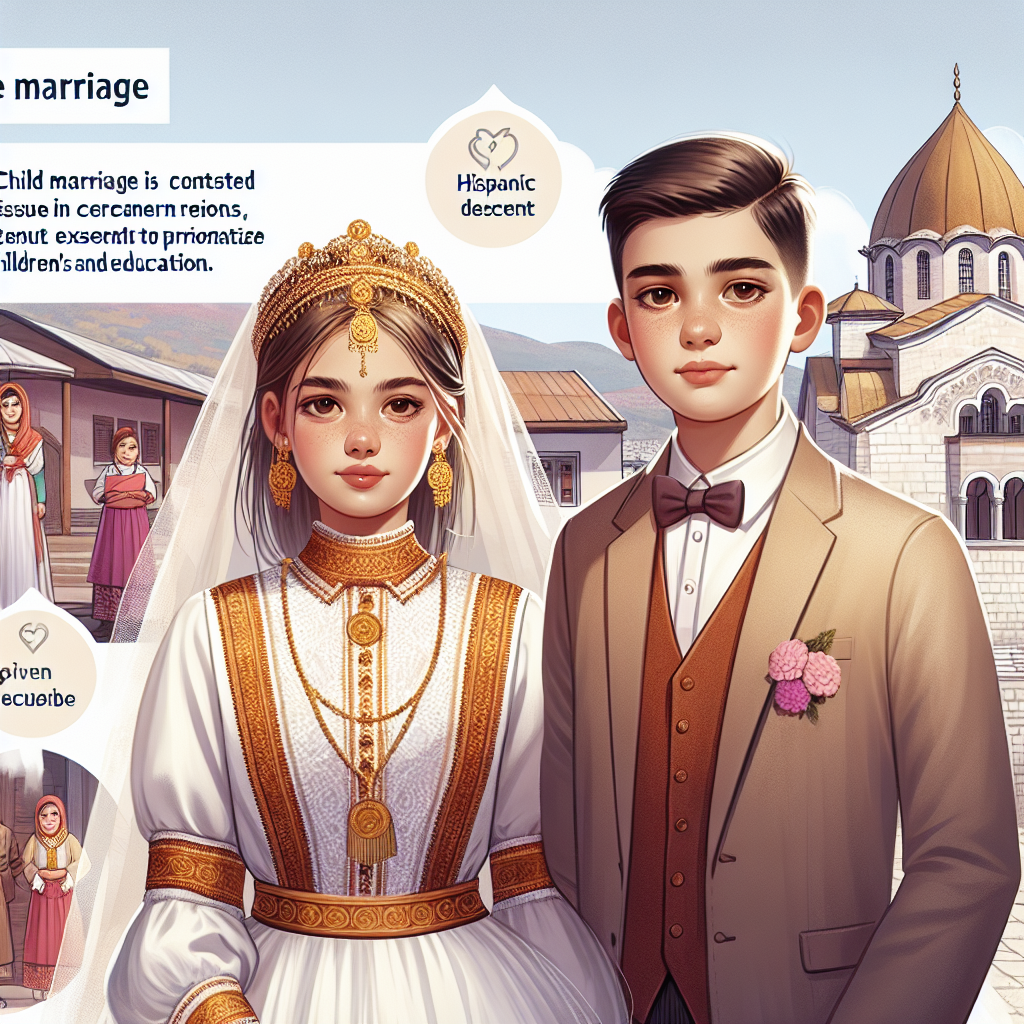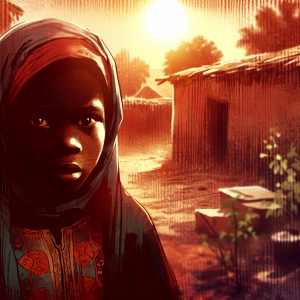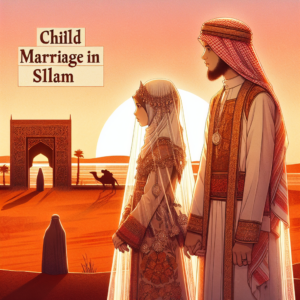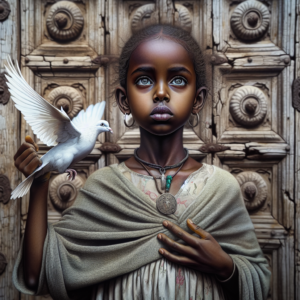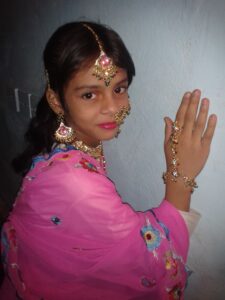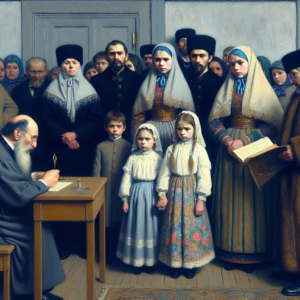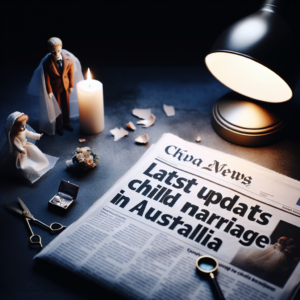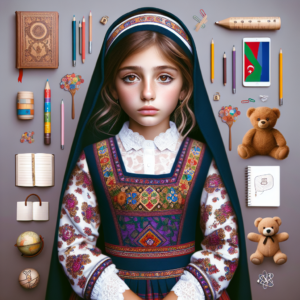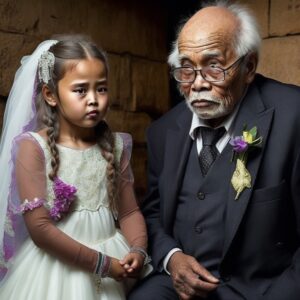#ChildMarriage #EndChildMarriage
Exploring the Continuation of Child Marriage in Kosovo: A Cultural and Social Examination
Kosovo, nestled in Southeast Europe, boasts a diverse heritage yet grapples with a significant challenge that hampers its advancement: the issue of child marriage. Despite the existence of laws and global agreements intended to safeguard children, this practice remains deeply embedded in the country’s social and cultural ethos. This article aims to unpack the intricate nature of child marriage in Kosovo, looking into its root causes, impacts, and the critical need for a unified effort to eradicate it.
Overview of Child Marriage
Child marriage, the act of marrying or entering into an informal union before 18, is a worldwide concern that knows no borders, affecting various cultures, communities, and religions. In Kosovo, it is not an outdated tradition but a current ordeal, especially for girls in rural locales and within specific ethnic groups.
Statistical Insights
Acquiring precise data on child marriage in Kosovo is difficult due to the lack of reporting and the informal status of some unions. Nevertheless, data from the Kosovo Agency of Statistics and insights from UNICEF’s Multiple Indicator Cluster Surveys shed light on its prevalence, though the complete picture is still unclear.
Cultural and Social Foundations
The persistence of child marriage in Kosovo can be attributed to deep-seated cultural and social norms, including:
- Patriarchal Views and Gender Expectations: Prevailing attitudes towards gender roles often relegate girls to domestic duties, overlooking their rights and ambitions.
- Economic Hardship: For many, marrying off children is seen as a means of financial relief or a way to forge advantageous familial ties.
- Limited Opportunities for Education and Work: The lack of access to education and employment for girls reinforces the cycle of child marriage.
Literary and Activist Perspectives
The detrimental effects of child marriage on human and women’s rights have been echoed by renowned authors and activists. Malala Yousafzai, a staunch advocate for girls’ education, emphasizes the link between education and liberation from early marriage, stating, “We cannot all succeed when half of us are held back.” This viewpoint stresses the necessity of tackling the foundational issues of child marriage, such as gender inequality and educational access.
Implications of Child Marriage
The impact of child marriage extends beyond the individuals directly involved, affecting communities and future generations.
- Health Hazards: Early pregnancy and childbirth pose significant health risks to both the mother and child.
- Impact on Education and Economic Prospects: Early marriage often leads to school dropout, hampering future job opportunities and perpetuating poverty.
- Emotional and Psychological Toll: Young brides frequently face isolation, depression, and feelings of powerlessness.
Moving Forward
Addressing child marriage in Kosovo requires a comprehensive approach that targets its socio-cultural, economic, and educational roots. Essential measures include:
- Legal and Policy Enhancements: Improving the legal framework to better protect children and enforce existing statutes.
- Advancing Education: Ensuring girls have access to education and raising community awareness to alter perceptions and norms.
- Supporting Economic Independence: Providing economic opportunities for girls and young women to decrease the financial motivations for child marriage.
- Engaging Communities: Encouraging the involvement of community leaders, religious figures, and families in efforts to abolish child marriage.
Conclusion: A Unified Call to Action
The ongoing issue of child marriage in Kosovo serves as a reminder of the persistent efforts needed to advance human rights and gender equality. It calls for the dedication of not just government officials and leaders but every societal member to challenge and alter the conditions perpetuating child marriage. As human rights advocate Nada Al-Ahdal states, “Protecting human rights is not an option, but a responsibility of us all” @nadalahdal. Let this be a call to action for us all, acknowledging that combating child marriage is a crucial part of the larger fight for justice, equality, and human dignity.
#NadaFoundation
#ChildMarriage
#Nada_Foundation
#NadaAlahdal
#Understanding #Persistence #Child #Marriage #Kosovo #SocioCultural #Perspective
understanding-the-persistence-of-child-marriage-in-kosovo-a-socio-cultural-perspective



